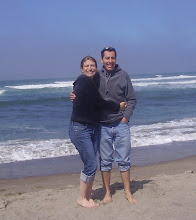-- Explanations in italics are mine --
In light of the upcoming World Population Day on July 11, the INEGI (-- Mexican Census bureau --) revealed a few statistics about Queretaro's population.
There are around 1,974,000 people residing in Queretaro, which makes it the 22nd largest metro area in the country. In just 50 years, Queretaro has QUINTUPLED its population, going from 286,000 people in 1950 to 1.4 million in 2000. This year, it is estimated that the city will reach 1.97 million people.
On the other hand, the fertility rate has gone down, going from 3.5 in 1990 to 2.3 in 2010, and it keeps going down. It is also said that the life expectancy is the highest in the country, with the average being 78 years.
Another effect of the changing demographic is the increase in the proportion of adults (30 to 59 years old) and senior citizens (60 years and older). These two age groups now represent 53.1 percent of the population, all of whom are eligible for health and social services. It is expected that these age groups continue to be the majority through 2030.
-- In most other cities in Mexico, the younger age groups - under 30 years old - tend to be the vast majority, sometimes being as high as 75% of the population --
Finally, one other aspect that is important to mention is that the rate of marriages as gone down in our city in the last decades, going from 7.1 marriages per 1,000 people in 1993 to 4.5 marriages per 1,000 people in 2010. The divorce rate has been increasing.


No comments:
Post a Comment